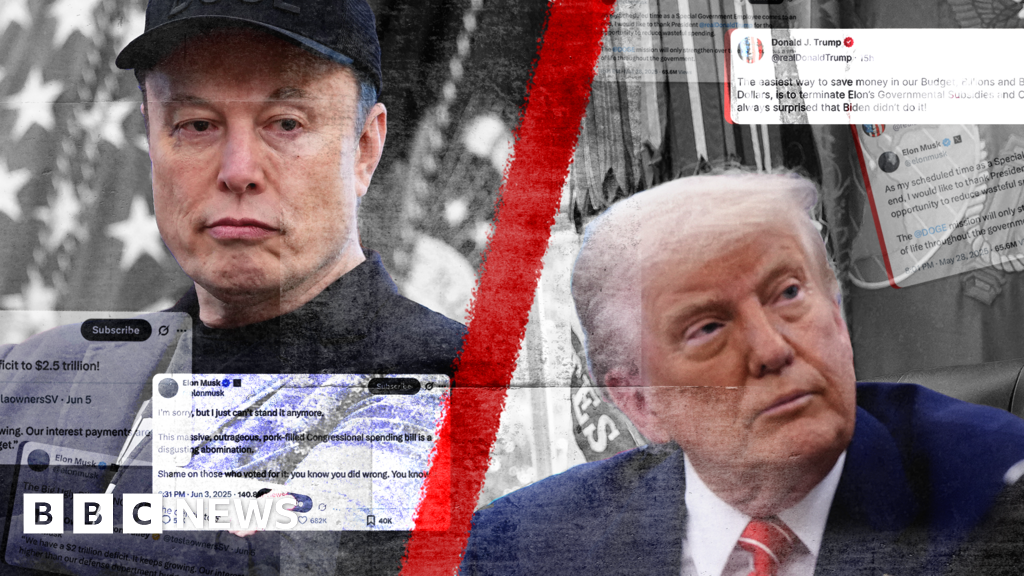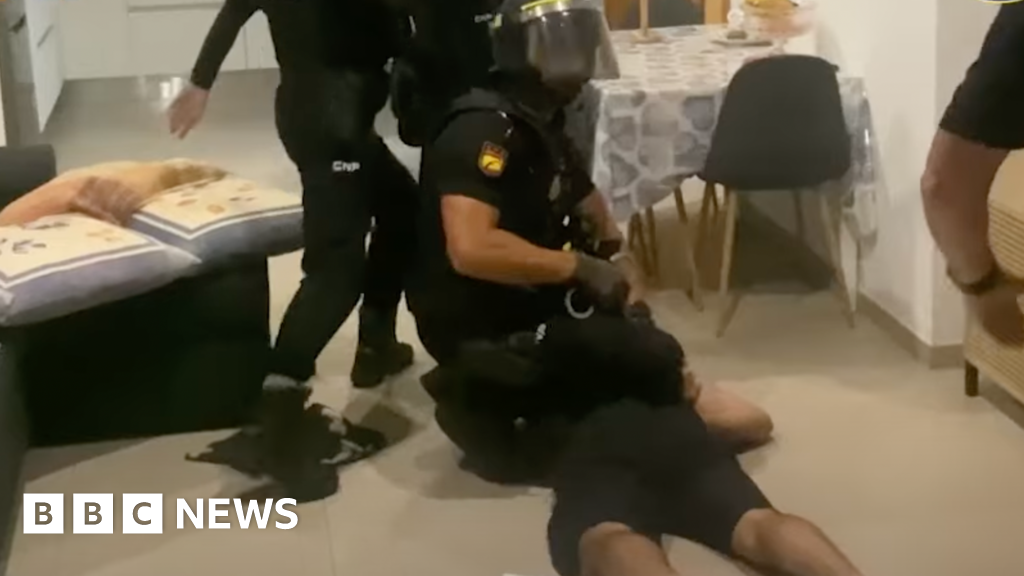 Dominican Republic’s Minister of Labor Eddy Olivares Ortega and Javier Cremades, President of the World Jurist Association, hand the Medal of Honor award to Just Rights for Children founder Bhuwan Ribhu.
Dominican Republic’s Minister of Labor Eddy Olivares Ortega and Javier Cremades, President of the World Jurist Association, hand the Medal of Honor award to Just Rights for Children founder Bhuwan Ribhu.NEW DELHI, May 06 (IPS) - Bhuwan Ribhu didn’t plan to become a child rights activist. But when he saw how many children in India were being trafficked, abused, and forced into marriage, he knew he couldn’t stay silent.
“It all started with failure,” Ribhu says. “We tried to help, but we weren’t stopping the problem. That’s when I realized—no one group can do this alone. Calling the problem for what it truly is—a criminal justice issue rather than a social justice issue—I knew the solution needed holistic scale.”
Today, Bhuwan Ribhu leads Just Rights for Children—one of the world’s largest networks dedicated to protecting children. In recognition of his relentless efforts to combat child marriage and trafficking, he has just been awarded the prestigious Medal of Honor by the World Jurist Association. The award was presented at the recently concluded World Law Congress in the Dominican Republic.
But for Ribhu, the honor isn’t about recognition. “This is a reminder that the world is watching—and that children are counting on us,” he tells IPS in his first interview after receiving the award.
Looking Back: One Meeting Changed Everything
For Ribhu, a lawyer by profession, it has been a long, arduous, and illustrious journey to getting justice for children. But this long journey began during a meeting of small nonprofits in eastern India’s Jharkhand state, where someone spoke up: “Girls from my village are being taken far away, to Kashmir, and sold into marriage.”
That moment hit Ribhu hard.
“That’s when it struck me—one person or one group can’t solve a problem that crosses state borders,” he says. He then started building a nationwide network.
And just like that, the Child Marriage-Free India (CMFI) campaign was born. Dozens of organizations joined, and the number grew steadily until it reached 262.
So far, more than 260 million people have joined in the campaign, with the Indian government launching Bal Vivah Mukt Bharat—a national mission towards ending child marriage in India.
Across villages, towns, and cities, people are speaking up for a child marriage-free India.
“What used to feel impossible is now within reach,” Ribhu says.
 Bhuwan Ribhu's Achievements. Credit: Just Rights for Children
Bhuwan Ribhu's Achievements. Credit: Just Rights for ChildrenTaking the Fight to Courtrooms
Ribhu is a trained lawyer, and for him, the law is a powerful weapon.
Since 2005, he’s fought—and won—dozens of important cases in Indian courts. These have helped define child trafficking in Indian law; make it mandatory for police to act when children go missing; criminalize child labor; set up support systems for abuse survivors; and remove harmful child sexual abuse content from the internet.
One big success came when the courts accepted that if a child is missing, police should assume they might have been trafficked. This changed everything. Reported missing cases dropped from 117,480 to 67,638 a year.
“That’s what justice in action looks like,” said Ribhu.
Taking Along Religious Leaders
One of the most powerful moves of CMFI was reaching out to religious leaders.
The reason was simple: whatever the religion is, it is the religious leader who conducts a marriage.
“If religious leaders refuse to marry children, the practice will stop,” says Ribhu.
The movement began visiting thousands of villages. They met Hindu priests, Muslim clerics, Christian pastors, and others. They asked them to take a simple pledge: “I will not marry a child, and I will report child marriage if I see it.”
The results have been astonishing: on festivals like Akshaya Tritiya—considered auspicious for weddings—many child marriages used to happen until recently. But temples now refuse to perform them.
“Faith can be a big force for justice,” Ribhu says. “And religious texts support education and protection for children.”
Going Global with a Universal Goal
But the campaign is no longer just India’s story. In January of this year, Nepal, inspired by the campaign, launched its own Child Marriage-Free Nepal initiative with the support of Prime Minister K. P. Sharma Oli. All the seven provinces of the country have joined it, vowing to take steps to stop child marriage
The campaign has also spread to 39 other countries, including Kenya and the Democratic Republic of Congo, where calls for a global child protection legal network are gaining momentum.
“The legal systems of different countries and regions may differ, but justice should be the same everywhere,” says Ribhu, who has also authored two books—Just Rights and When Children Have Children—where he has laid out a legal, institutional, and moral framework to end child exploitation called PICKET. “It’s not just about shouting for change. It’s about building systems that protect children every day,” Ribhu says.
Sacrifices and Hope
Ribhu gave up a promising career in law practice. Many people didn’t understand why.
“People said I was wasting my time,” he remembers. “But one day my son said, ‘Even if you save just one child, it’s worth it.’ That meant everything to me.”
A believer in the idea of Gandhian trusteeship—the belief that we should use our talents and privileges to serve others, especially those who need help the most.
“I may not be the one to fight child marriage in Iraq or Congo. But someone will. And we’ll stand beside them.”
 Bhuwan Ribhu's Strategy is known by the acronym PICKET. Credit: Just Rights for Children
Bhuwan Ribhu's Strategy is known by the acronym PICKET. Credit: Just Rights for ChildrenA Powerful Award and a Bigger Mission
The World Jurist Association Medal isn’t just a trophy. For Ribhu, it’s a platform. “It tells the world: This is possible. Change is happening. Let’s join in.”
He also hopes that the award will help his team connect with new partners and expand their work to new regions.
“In 2024 alone, over 2.6 lakhs Child Marriages were prevented and stopped and over 56,000 children were rescued from trafficking and exploitation in India. These numbers show that change is not just a dream—it’s real,” he says.
By 2030, Ribhu hopes to see the number of child marriages in India falling below 5 percent.
But there’s more to do. In some countries, like Iraq, girls can still be married as young as 10, and in the United States, 35 states still allow child marriage under certain conditions.
“Justice can’t be occasional,” Ribhu says. “It must be a part of the system everywhere. We must make sure justice isn’t just a word—it’s a way of life.”
IPS UN Bureau Report
Follow @IPSNewsUNBureau
Follow IPS News UN Bureau on Instagram
© Inter Press Service (2025) — All Rights Reserved. Original source: Inter Press Service

 1 month ago
13
1 month ago
13










 English (US) ·
English (US) ·